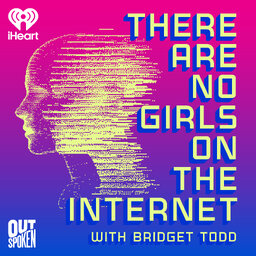Elon breaks Twitter to save it; Threads app slithers in for the kill; Meghan Markle gets an apology;Digital surveillance in France + Virginia + Sacramento. — NEWS ROUNDUP
So much happened with Twitter. It broke, or maybe they broke it. Then they broke it more, possibly trying to fix it. It's still broken and the vibes are off. Meta launched its new Threads app into the social hole abdicated by Twitter, and 30 million people said "ok" even though Meta is a demonstrably terrible brand that chooses profit over people over and over and over again. We'll probably check it out.
The ever increasing availability of digital surveillance tools is threatening privacy in France (the police want to turn on your phone's camera), Virginia (adults need to register with a government website to view porn), and Sacramento (the Sheriff illegally shares license plate data with police in states that have criminalized abortion).
Meanwhile in England, a newspaper was forced to publish a front-page apology for a sexist (but not racist!!!) article about Meghan Markle (it was racist).
Threads' privacy policy: https://help.instagram.com/515230437301944
Sacramento Sheriff: https://news.yahoo.com/sacramento-sheriff-sharing-license-plate-133000119.html
Virginia is for lovers (not filthy perverts): https://www.wired.com/story/porn-age-checks-id-laws/
In 1 playlist(s)
There Are No Girls on the Internet
Marginalized voices have always been at the forefront of the internet, yet our stories often go over…Social links
Follow podcast
Recent clips

Amazon Ring Super Bowl Ad BACKFIRES; YouTubers Exploit Women's Arrest Videos; Salesforce CEO ICE "Joke" – NEWS ROUNDUP!
1:10:54

University of Oklahoma Trans Instructor's Attorney Still in the Fight After Appeal Denied
47:18

Should You Trust Andrew Huberman? What CBS's Epstein Disaster Reveals About Wellness Gurus
1:32:51
 There Are No Girls on the Internet
There Are No Girls on the Internet